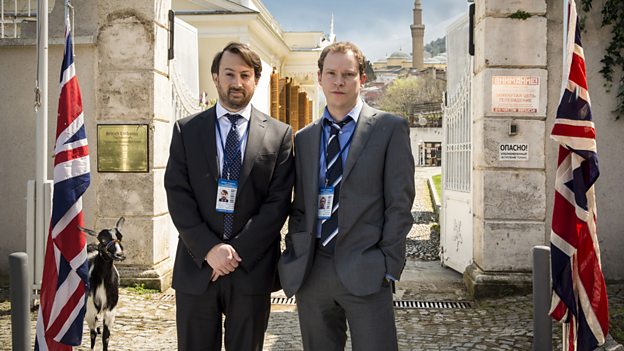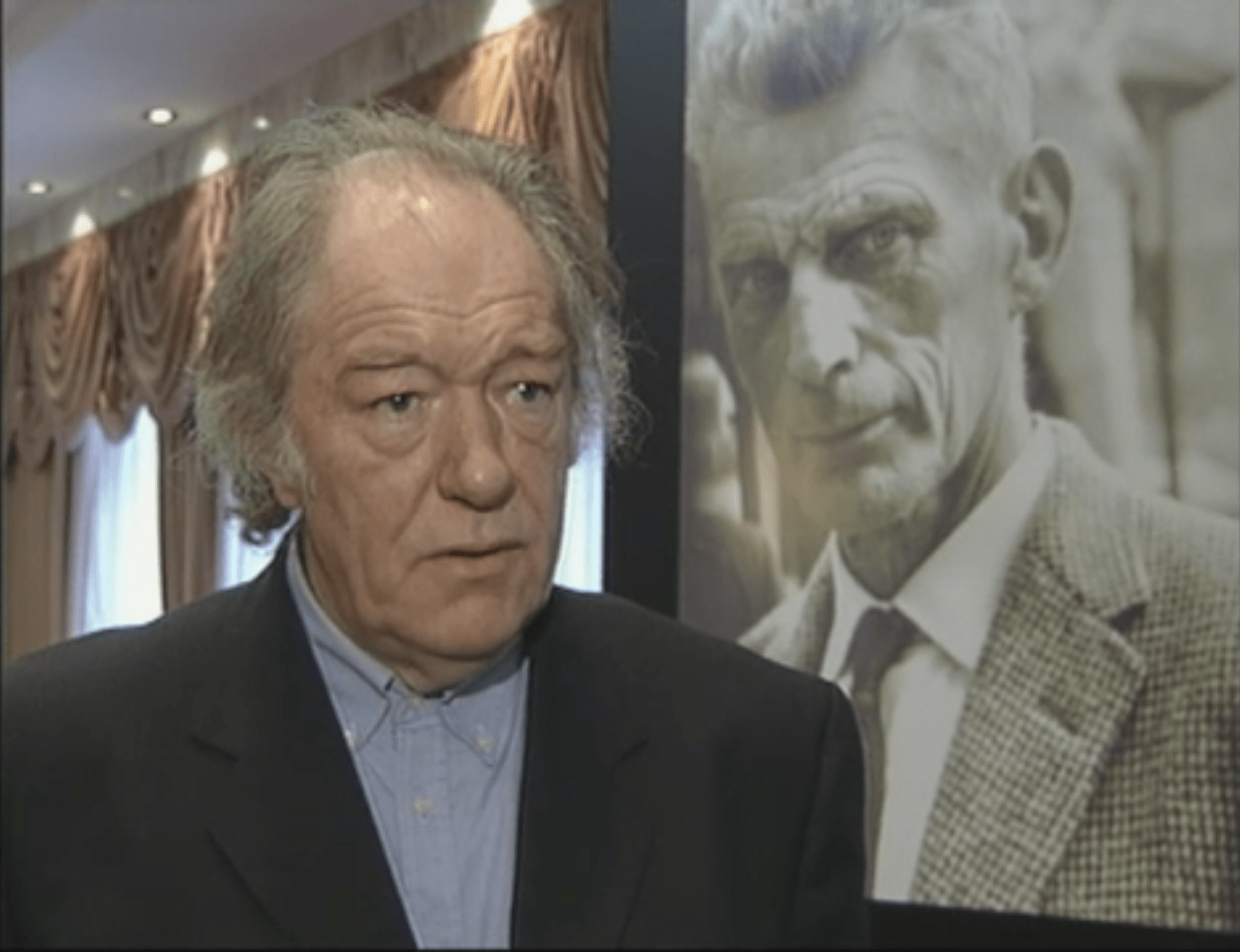
In a recent CST blog, I discussed some of the negative issues surrounding the use of a fictitious country in the context of a series which also features both actual countries and attempts of sociocultural and/or sociopolitical critique. For this blog [1], I would like to provide a counterpoint with an example of how the use of a fictitious country can be done in a way that is more nuanced, if not necessarily more positive.









